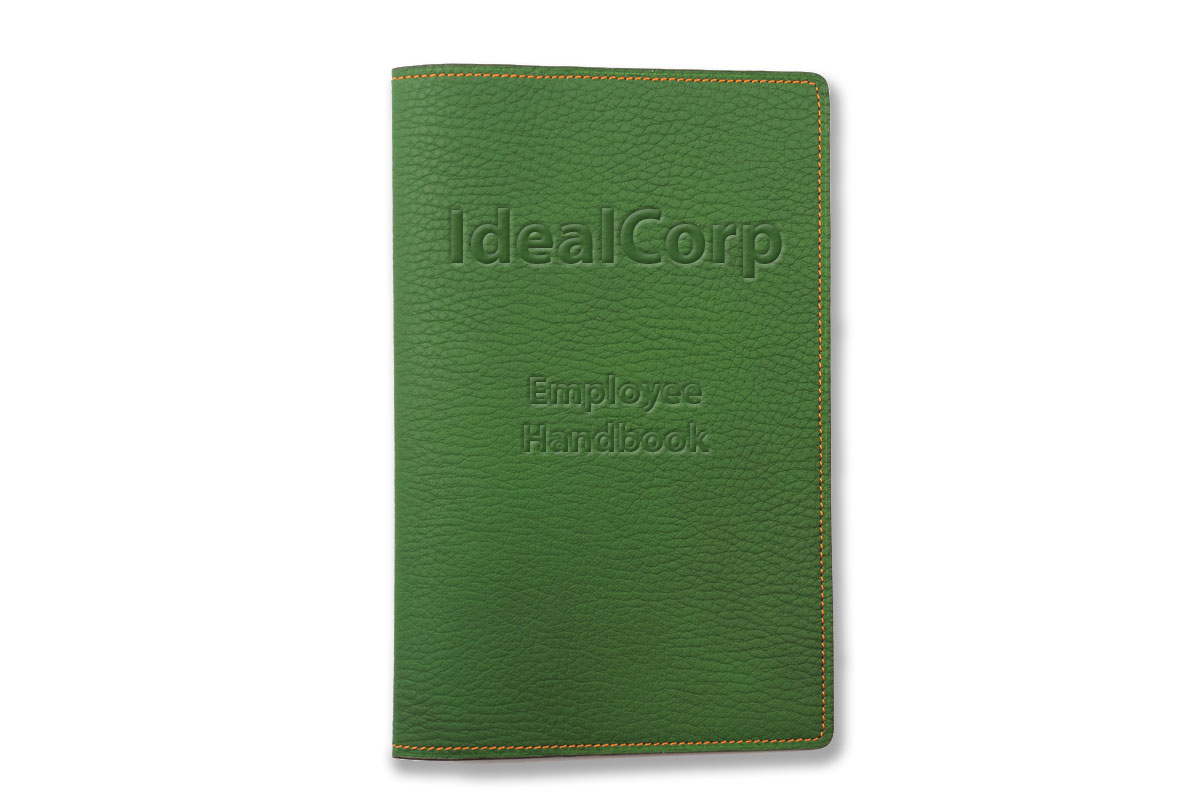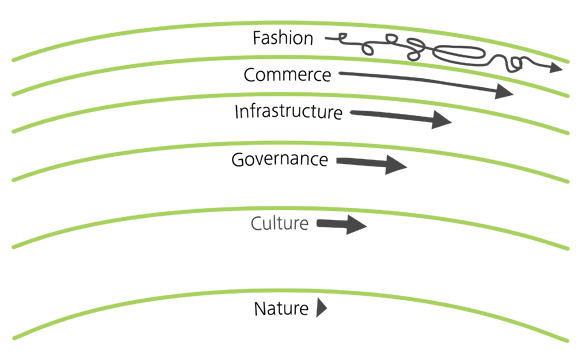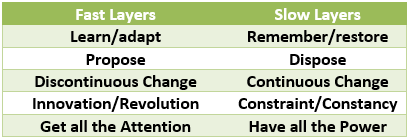(A brief note: When a local tech journal asked us to contribute an article about workplace trends, we decided to write a spoof employee handbook. Here it is...)

Hello, new employee!
Welcome to your first day at IdealCorp, Wilmington’s hottest new SoLoMo fintech maker startup. We’re on a path to ridiculously incredible growth and that’s because of the amazing culture we’ve been building.
Unlike other companies out there, our employees come first. That’s because we want the people on our team to give us the best one, or maybe even two, years of their lives working with us.
How are we able to retain people for so long, you ask? You’ll understand as soon as you leaf through our handbook. Yes, it is printed on artisanal paper from local pine trees. And yes, we do need it back.
But for now, we hope it helps you imagine what your life will be like around the office.
Welcome to the team.
###
Dress Code
At IdealCorp, we recognize the nobody knows what to wear to the office anymore. So, there is no dress code. Just come as you are, and express yourself! However, on Fridays, employees are encouraged to wear unicorn horns, fairy ears, pajama bottoms and flip-flops to create a more casual and stress-free work environment.
Benefits
We are pleased of offer a full range of employee benefits. These benefits include, but are not limited to unlimited amounts of coffee and kale-themed beverages, an avocado bar, and access to our listening booth just in case you want to “zone out” for a while.
Quantifying Success
Employee evaluations have always been so… awkward. At IdealCorp, we’ve replaced all of our bosses with algorithms! These are programmed to be completely, fair, unbiased, and nonjudgmental. Note that in order to keep-up with the ever-changing consumer landscape, these algos will be periodically updated to appear fickle and arbitrary.
Financial Transparency
We’re still assessing if revenue is a positive or negative, so we prefer to say that every quarter is a “really great” quarter. Auditors regularly call our accounting “amazing” and “incredible.” Believe that.
Our track record shows that bigger spending leads to greater funding. This enables us to spend even more on over-the-top ideas. We call this the VC, or Virtuous Cycle". Our objective is to keep the VC’s going for as long as possible.
Continuing Education
We recognize that your career is a big commitment, and might last as long as three years. To maintain a competitive and “edgy” workplace, we offer no employee training – whatsoever! Instead, we offer free, UNLIMITED access to the public library.
CyberSecurity
Bring your own device, and we’ll give you free stickers.
Better communication means more communication platforms. We embrace all of them as equally effective means of staying in touch with one another. So, we regularly use Fleep, Ryver, Flock, Hash, Twist, Chanty, Slack, Skype, Zoom, and even Google+!
All passwords must contain letters, numbers, doodles, emojis and chipmunk sounds.
Your Work Environment
Time is money and space is time. We provide a completely open office floor plan in our newly renovated warehouse. In recognition that our valued partners are actually full-time art students at DCAD, all new employees are given an IdealCorp backpack (loaded with swag!) and a locker.
While working at IdealCorp, you’ll find that the line between working, playing, and sleeping will become very, very blurry indeed! We offer showers, free laundry service, and surrogate roommates so that you’ll never need or want to go home. Ever.
Reprinted courtesy of Technical.ly Delaware.


